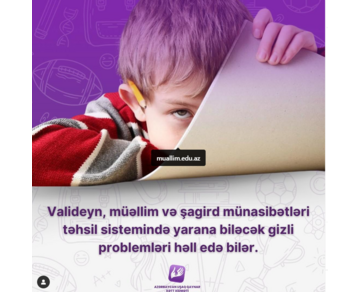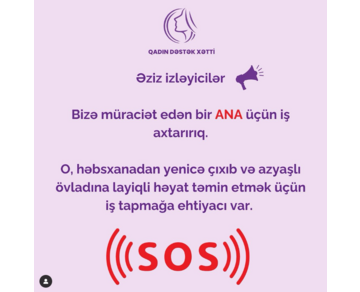The relationship between parent, teacher, and student forms the core of the educational process.
Healthy connections among this trio strengthen the child’s academic and emotional development. While parents provide the support system at home, teachers ensure the student’s academic and social well-being at school. However, hidden issues can sometimes arise in these relationships, which may not be immediately visible. High academic expectations from parents, insufficient communication from teachers with parents, and neglecting the needs of the student can negatively impact the student's academic success and socio-emotional development.
These views were expressed in an interview with Azərbaycan müəllimi by Kamala Ashumova, a member of the Public Council under the Ministry of Science and Education. She noted that the main source of these problems lies in the lack of connection and communication in these relationships. When there is no regular and open communication between parents and teachers, issues in a student’s education go unnoticed and deepen over time. Such situations may eventually cause the student to feel under pressure during the learning process.
To overcome these stereotypes, continuous cooperation between parents and teachers must be ensured, and a personalized approach should be adopted based on the student's individual needs. If this is done, the student’s interest in education and self-confidence will increase.










